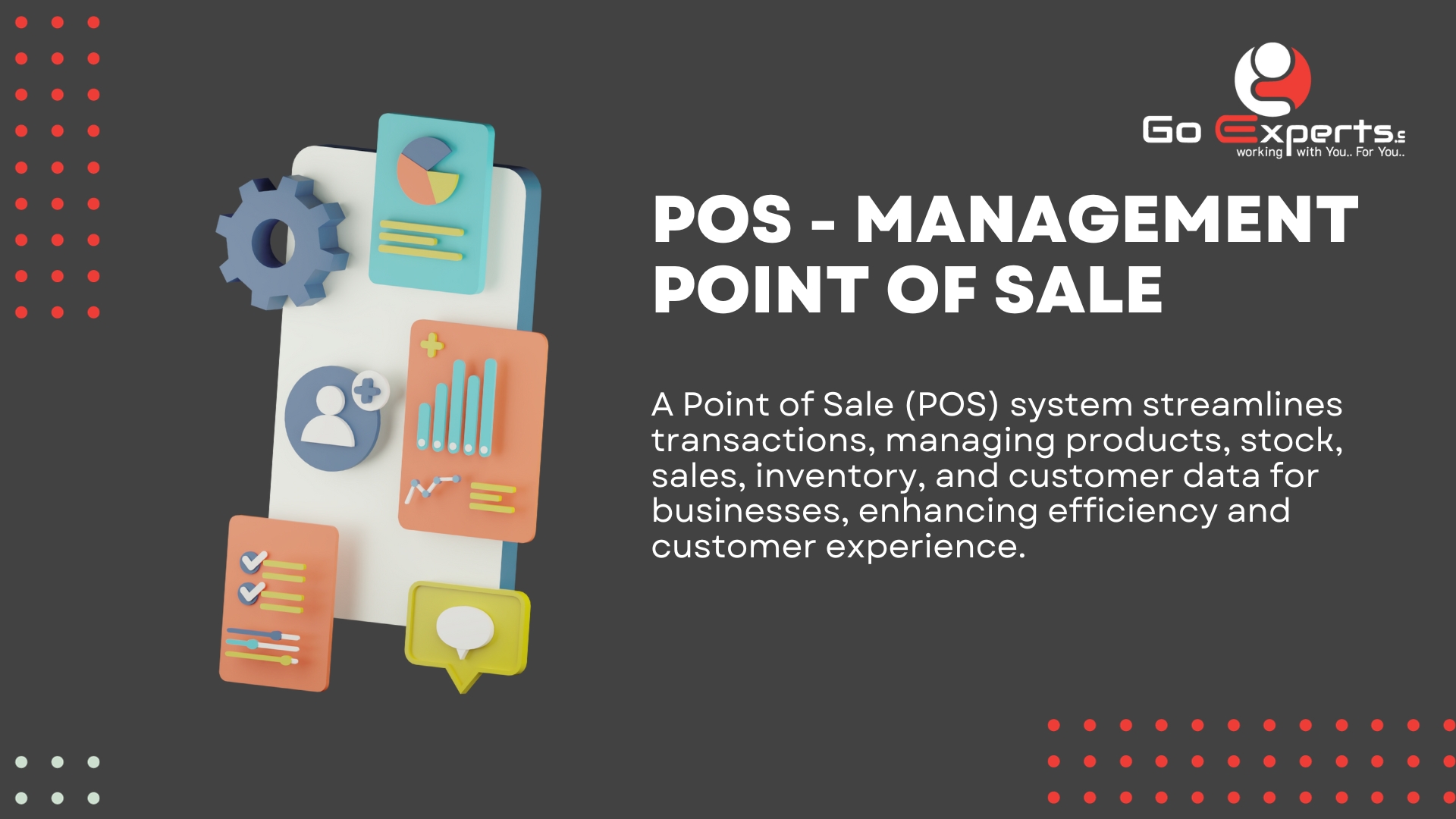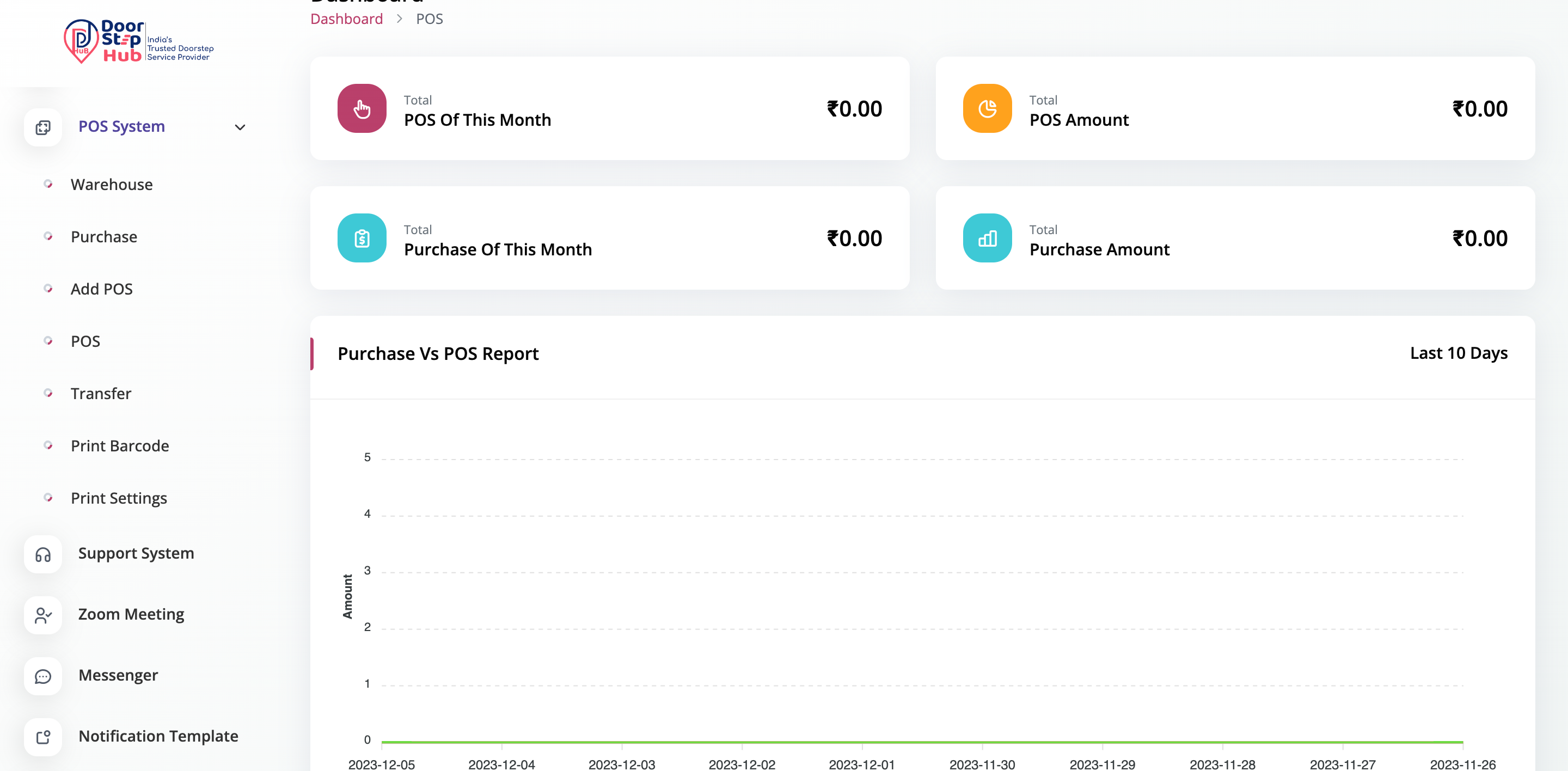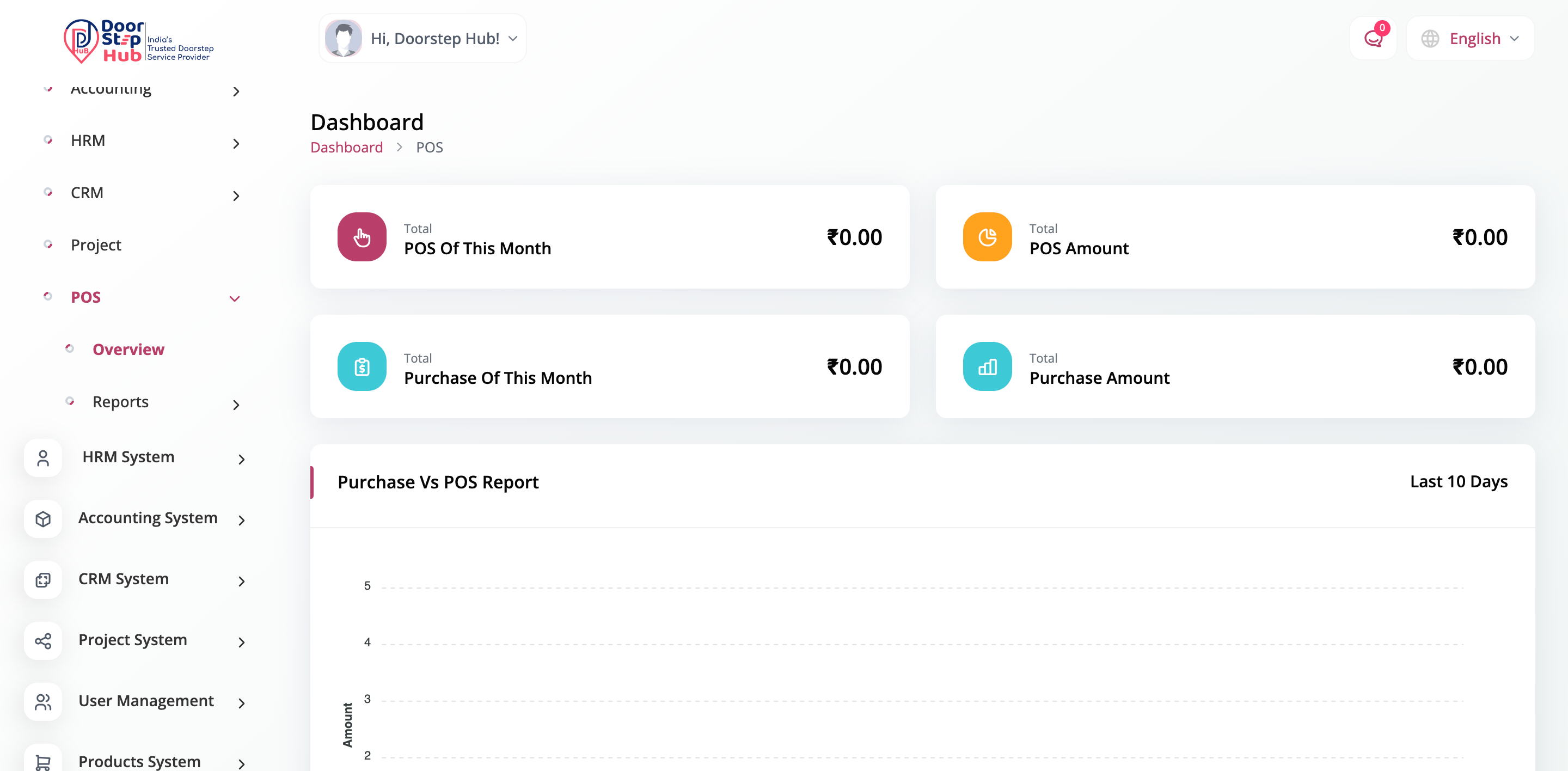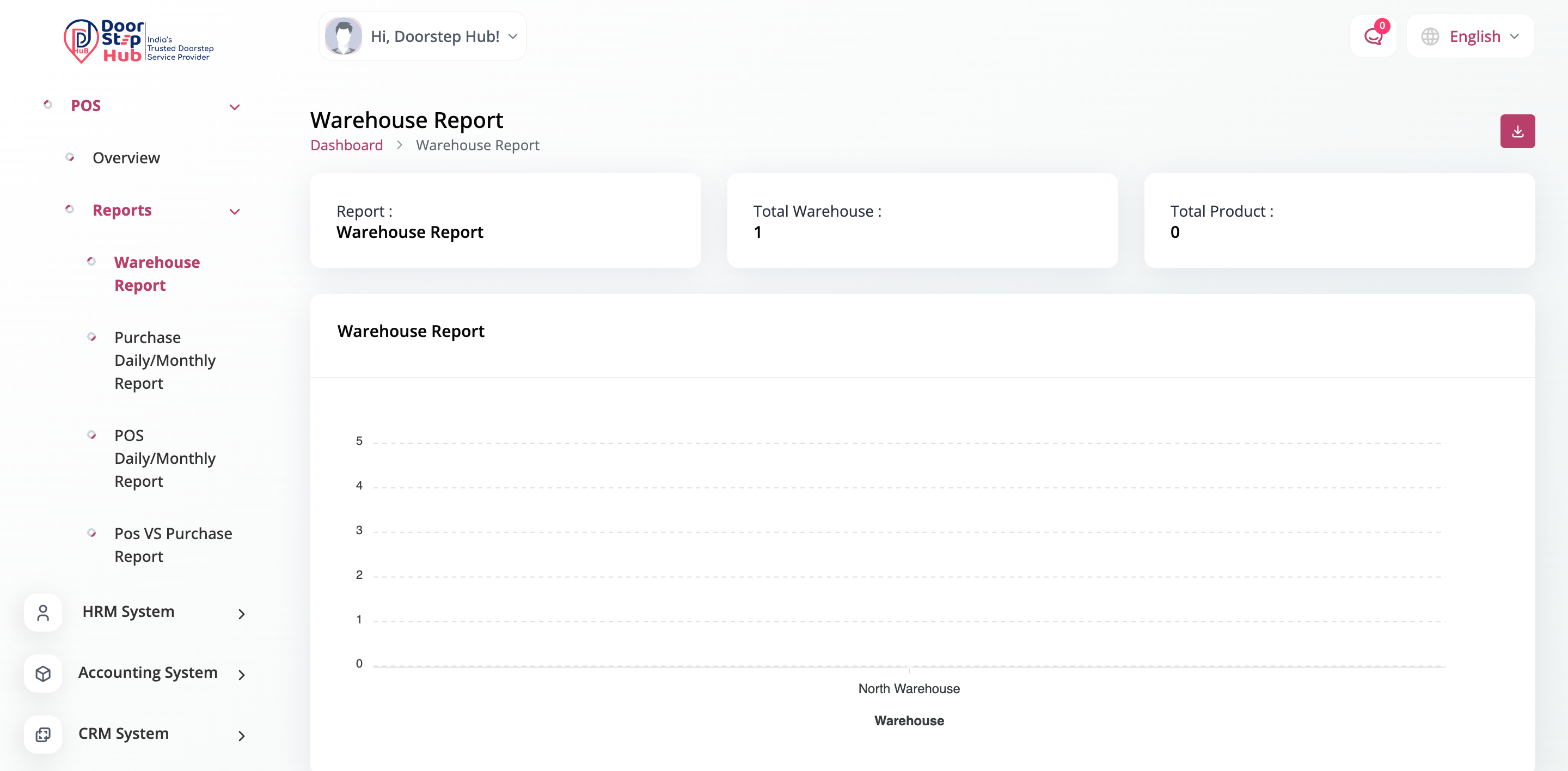
What is POS System? What is benefits of POS System? How it is useful?
A Point of Sale (POS) system is a combination of hardware and software designed to streamline the transaction process in retail and hospitality businesses. At its core, a POS system facilitates the exchange of goods and services for payment. Still, it goes beyond traditional cash registers by integrating various functions to enhance efficiency and accuracy.
The primary components of a POS system include a terminal (which can be a computer, tablet, or dedicated POS device), a cash drawer, a barcode scanner, a receipt printer, and software that manages transactions, inventory, and customer data. Modern POS systems often connect to the internet, allowing for real-time updates and cloud-based storage.
The benefits of a POS system are numerous. First and foremost, it enhances transaction accuracy. Automated calculations reduce the risk of human error in pricing and change calculations, contributing to better financial accuracy and customer satisfaction. Inventory management is another crucial aspect. POS systems track product sales in real-time, helping businesses optimize stock levels, minimize stockouts, and identify popular items.
Efficiency is a key advantage. With features like barcode scanning, quick order processing, and integrated payment processing, POS systems significantly reduce transaction times. This efficiency is particularly important in high-traffic environments, enhancing overall customer experience.
Sales reporting and analytics are integral components, providing businesses with valuable insights into sales trends, customer preferences, and employee performance. This data-driven approach enables informed decision-making, helping businesses tailor their strategies for increased profitability.
Customer relationship management is enhanced through POS systems, as businesses can track customer purchases and preferences, enabling personalized marketing and loyalty programs. Moreover, POS systems often integrate with other business tools, such as accounting software, streamlining overall operations.
Security is a critical benefit. POS systems enhance transaction security by facilitating secure payment methods, encryption of sensitive data, and tracking of sales activities. This not only protects the business from fraud but also instils confidence in customers regarding the safety of their transactions.
In conclusion, a POS system is an invaluable tool for businesses seeking to streamline operations, enhance accuracy, and gain valuable insights into their operations. From transactional efficiency to inventory management and customer relationship building, the benefits of a POS system are central to the success of modern retail and hospitality establishments.
Gallery





